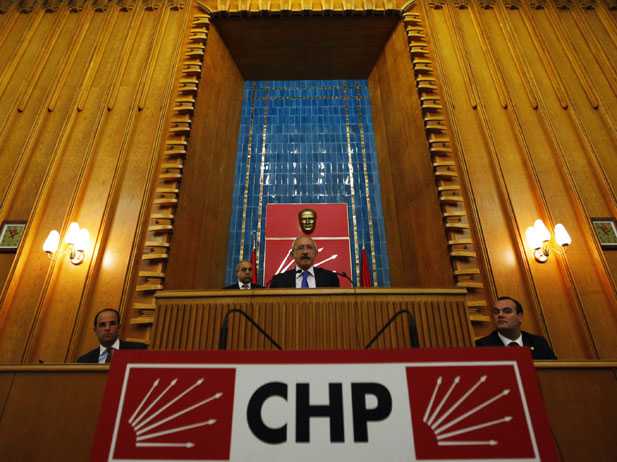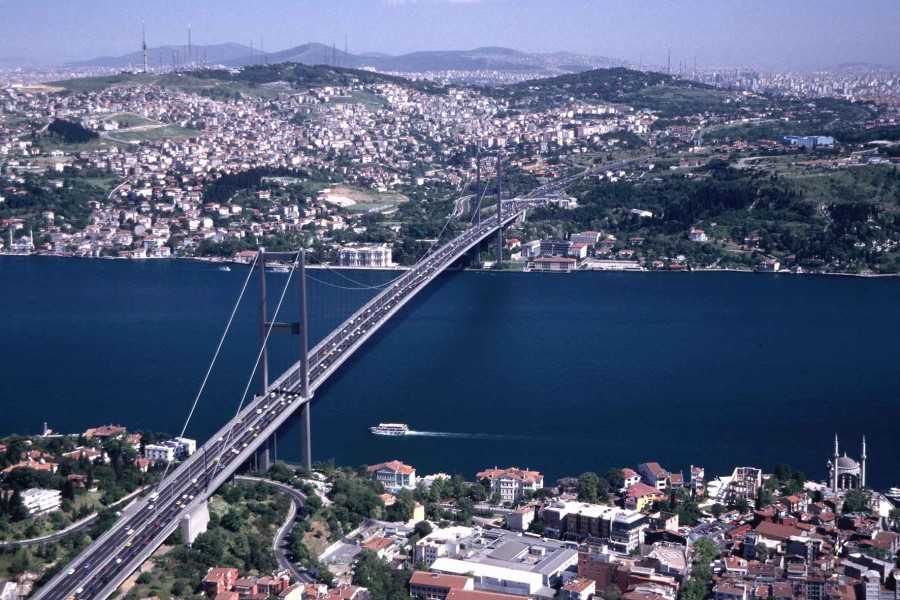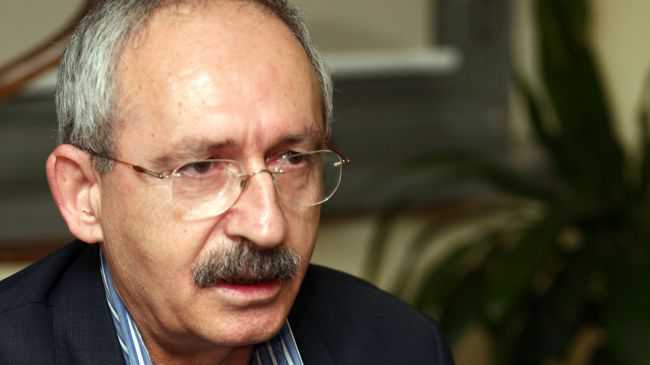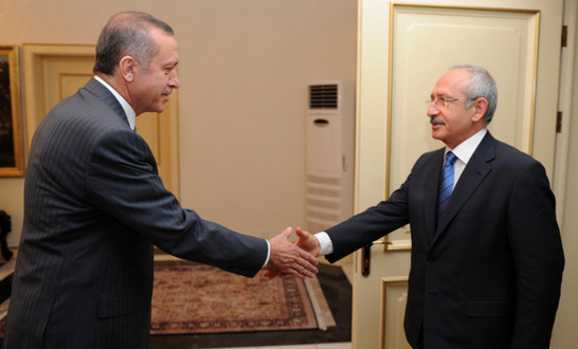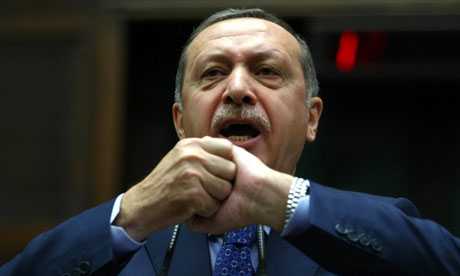By Isobel Finkel May 02, 2014
With 100 days left to Turkey’s first direct presidential elections, the opposition has yet to choose a candidate to run against its likely opponent: either incumbent Abdullah Gul or Prime Minister Recep Tayyip Erdogan.
“It’s wrong to have a debate simply about whether it will be Gul or Erdogan,” Kemal Kilicdaroglu, the leader of the main opposition Republican Peopleâs Party, or CHP, said at a press conference in Istanbul today. “First we have to talk about what kind of a president we want, and whether it’s right to have someone accused of corruption occupying that seat.”
While just over three months remain until the August 10 poll, Kilicdaroglu said his party is still in the process of reviewing its options. He declined to name candidates who might make the shortlist.
Turkey’s most recent elections, for mayors nationwide on March 30, occurred against the background of a sweeping corruption probe into Erdogan’s government, which resulted in a market sell-off and the largest leadership shake-up in the ruling party’s 11 1/2-year rule. The CHP increased its share of that vote to 28 percent from 23 percent in 2009, leaving it more than 10 percent short of the ruling party’s almost 46 percent tally. The government also boosted its share of the national vote by almost 10 percent compared with the previous poll.
Kilicdaroglu said his party faces a challenge in a country where power has been centralized around Erdogan and it struggles to get media attention. He said he’ll focus on spreading responsibility for opposition wider, rather than on a single candidate.
“In a country where all the state’s institutions have been co-opted by the government, the job of opposition is no ordinary task,” Kilicdaroglu said. “Opposition is not just the job of political opposition; it’s the job of the universities, of intellectuals, it’s the job of women,” he said.
A Turkish prosecutor today said he wouldn’t pursue charges against suspects in an investigation into real estate corruption, one of three simultaneous probes into graft that were made public on Dec. 17. Erdogan has said the probes are politically motivated and has vowed to purge followers of U.S. cleric Fethullah Gulen, whom he blames for the investigation, from Turkish state institutions.
There’s no friction within the ruling party about the selection process for its presidential candidate, Erdogan told reporters today in Ankara. Erdogan and President Gul are in consultations and will decide which of them will run, Gul said in a press conference from the city of Zonguldak.
via Turkey Opposition Mulls Options 100 Days Before President Vote – Businessweek.

